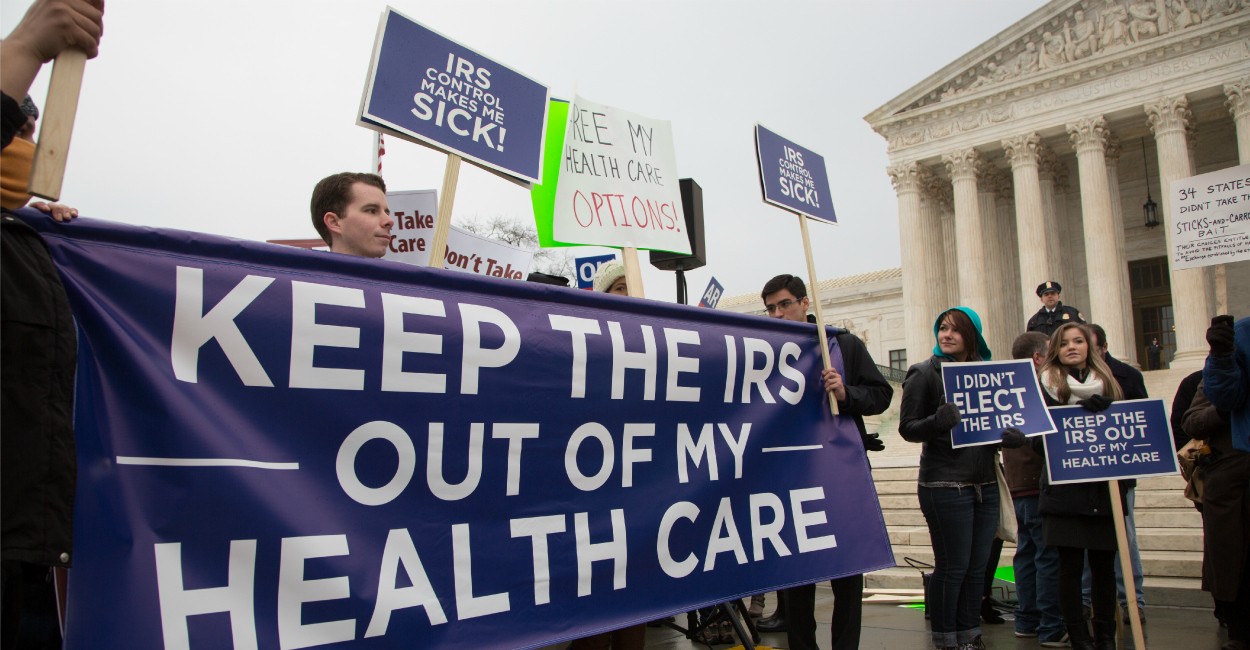
As Republican lawmakers brace for the U.S. Supreme Court’s King v. Burwell decision, a conservative plan has emerged that would eliminate the subsidies awarded under the Affordable Care Act, popularly known as Obamacare.
In anticipation of the King v. Burwell decision, Rep. Paul Gosar, R-Ariz., introduced the Premium Reduction and Insurance Market Reform Act. The bill would end Obamacare’s subsidies and eliminate the law’s age rating restrictions, benefit mandates and minimum actuarial value requirement—addressing the issue if the Supreme Court rules against the Obama administration. A decision could come as early as Monday.
The Supreme Court is examining the legality of subsidies awarded to consumers purchasing health insurance on the federal exchange. As it was written, the law limits the availability of subsidies to states operating their own exchanges. Just 16 states and the District of Columbia originally established their own exchanges.
However, the administration extended the tax credits to include the remaining 34 states using the federal exchange, HealthCare.gov.
If the court rules against the Obama administration, striking down federal subsidies, Republicans are expected to roll out a response to the decision that would still provide a safety net for the approximately 6.4 million Americans at risk of losing their tax credits.
GOP lawmakers in both chambers gathered Wednesday night to discuss legislative options.
A plan from Ways and Means Chairman Paul Ryan, R-Wis., being discussed in the House allows for the allocation of block grants to states wanting them. Those states would be able to determine how to best spend the block grants to cover consumers. States that do not want the block grants would be able to keep the subsidies offered under Obamacare



